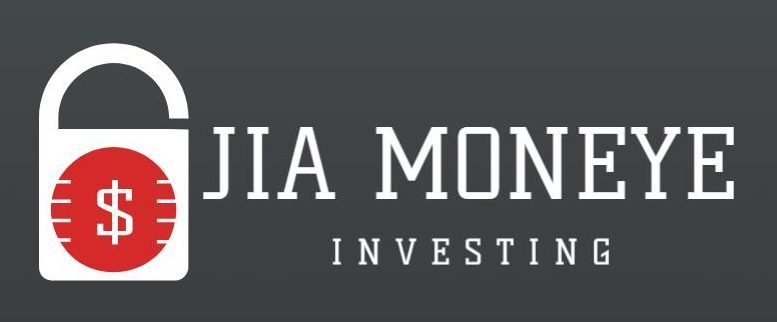
Mastering Credit Card Debt: Tips and Strategies
Mastering Credit Card Debt: Top 10 Strategies to Regain Financial Control
Mastering credit card debt can seem like a daunting task, but with the right strategies, it’s entirely possible to regain financial control. Here are the top ten strategies to help you navigate through the maze of credit card debt.
Firstly, it’s crucial to understand your debt. Knowing exactly how much you owe, the interest rates, and the minimum payments for each card is the first step towards mastering your debt. This knowledge will help you formulate a plan to tackle your debt effectively.
Secondly, consider consolidating your debt. If you have multiple credit cards with high-interest rates, consolidating them into one loan with a lower interest rate can save you money and simplify your payments. However, it’s important to read the fine print and understand the terms of the consolidation loan.
Thirdly, prioritize your debts. Pay off the cards with the highest interest rates first, as these are costing you the most. This strategy, known as the avalanche method, can save you a significant amount in interest over time.
Fourthly, create a budget. This will help you understand where your money is going and identify areas where you can cut back. The extra money can then be used to pay off your credit card debt faster.
Fifthly, stop using your credit cards. It may seem obvious, but it’s easy to fall into the trap of continuing to use your cards while trying to pay off your debt. By stopping the use of your cards, you can focus on reducing your existing debt.
Sixthly, consider seeking professional help. Credit counseling agencies can provide advice and help you create a debt management plan. They can also negotiate with your creditors on your behalf to lower your interest rates or waive fees.
Seventhly, communicate with your creditors. If you’re struggling to make payments, don’t hide from your creditors. Many are willing to work with you to create a payment plan that you can afford.
Eighthly, build an emergency fund. This may seem counterintuitive when you’re trying to pay off debt, but having a safety net can prevent you from relying on your credit cards in case of an unexpected expense.
Ninthly, stay disciplined. Paying off credit card debt requires commitment and discipline. It’s important to stick to your budget and debt repayment plan, even when it’s tough.
Lastly, but certainly not least, educate yourself about credit. Understanding how credit works can help you avoid falling into debt in the future. There are many resources available online and in libraries that can help you learn about credit and personal finance.
Mastering credit card debt is not an overnight process. It requires time, effort, and a lot of patience. But with these strategies, you can regain control of your finances and work towards a debt-free future. Remember, the journey of a thousand miles begins with a single step. So, take that first step today towards mastering your credit card debt.


